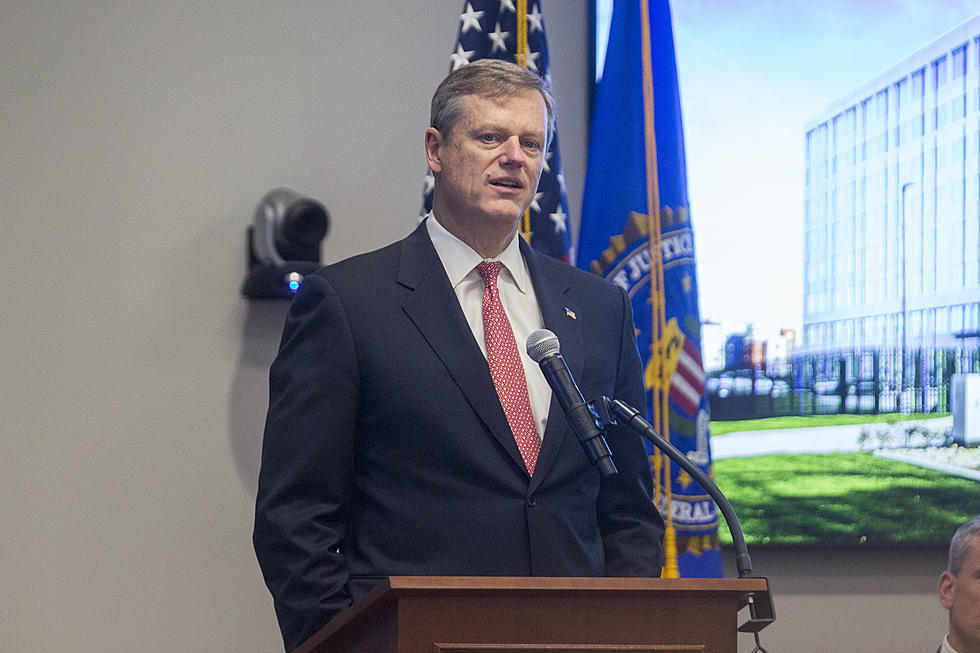
Baker Pushes Lawmakers to Ban Hand-Held Cellphone Use
BOSTON — After "optimistic conversations" with lawmakers last year about banning hand-held cellphone use while driving, Gov. Charlie Baker said Thursday that is time to stop talking and take action to make roads in Massachusetts safer for everyone.
"It's pretty clear that distracted driving and some tragedies and some near misses on construction sites are indicators that it's probably time to simply stop debating some of these common-sense initiatives and just get them done," Baker said.
The governor visited the Boston offices of AAA on Thursday to draw attention to legislation he filed in January that would make Massachusetts the 17th state to require hands-free cellphone use while driving and allow police to stop motorists for not wearing a seat belt.
Baker's road safety bill marks the first time he has proposed a ban on hand-held cellphone use for drivers since he came around to support the idea in late 2017, but he said he thought lawmakers were close to sending him a bill last session.
"I think our hope is that we can put together a pretty solid coalition of both interested parties as well as legislators inside the building and try to move on it a little earlier," Baker said.
Baker was joined Thursday by Registrar of Motor Vehicles Erin Deveney, AAA Northeast CEO John Galvin, MADD Program Director Mary Kate Depamphilis and MassDOT Highway Administrator Jonathan Gulliver.
"We firmly believe, and it's common sense, people should have their hands on the wheel and they should have their eyes on the road. They shouldn't have their hands on a cellphone and their eyes on a text message," Galvin said.
The bill would also require anyone convicted of a first offense for operating under the influence who applies for a hardship license to use an ignition interlock device for a minimum of six months and be subject to penalties from the state for attempting to drive after drinking or tampering with the device.
Depamphilis said Massachusetts is the only state in the country without an ignition interlock program for first time drunk driving offenders, and she said 32 states and the District of Columbia require their use for anyone convicted of operating under the influence.
Massachusetts requires ignition interlock devices for repeat operating-under-the-influence offenses.
Deaths from drunk driving accidents were up nine percent from 2014 to 2017 nationally, and Depamphilis said that in Massachusetts 39,000 people have been stopped from driving drunk over the past 12 years by ignition interlock devices.
"Imagine how many more attempts to drive drunk would have been stopped if we had acted sooner," she said.
Baker's bill would also make lower speed limits in construction zones enforceable, and require state-owned heavy trucks to be equipped with side guards, convex mirrors and "cross-over" mirrors by Jan. 1, 2020, followed by all state and municipal contractors by 2022.
Gulliver said MassDOT has already started equipping its vehicles with the safety devices.
More From WBSM-AM/AM 1420







![Massachusetts Lawmakers Consider Sugary Drink Tax Again [OPINION]](http://townsquare.media/site/518/files/2021/10/attachment-GettyImages-1213567351.jpg?w=980&q=75)
![Massachusetts Democrats Defeat Term Limits for Speaker [OPINION]](http://townsquare.media/site/518/files/2021/07/attachment-Ronald-Mariano.jpeg?w=980&q=75)
